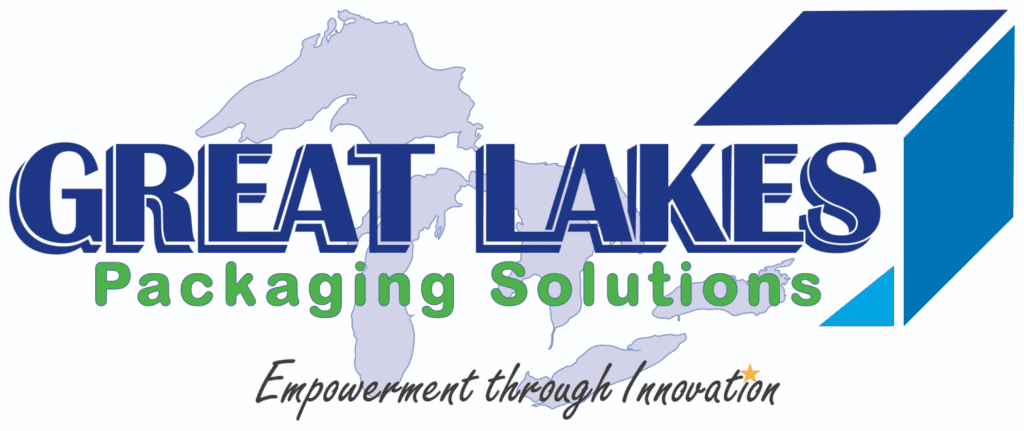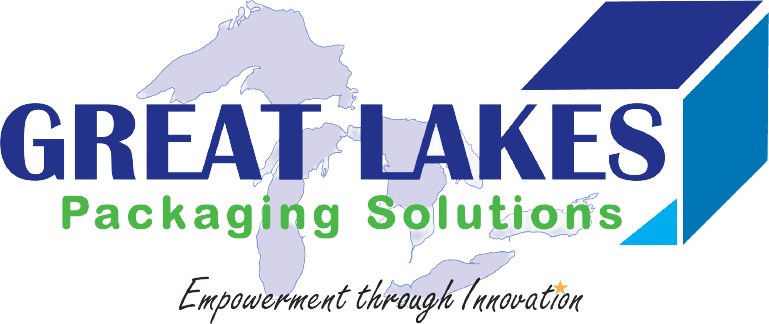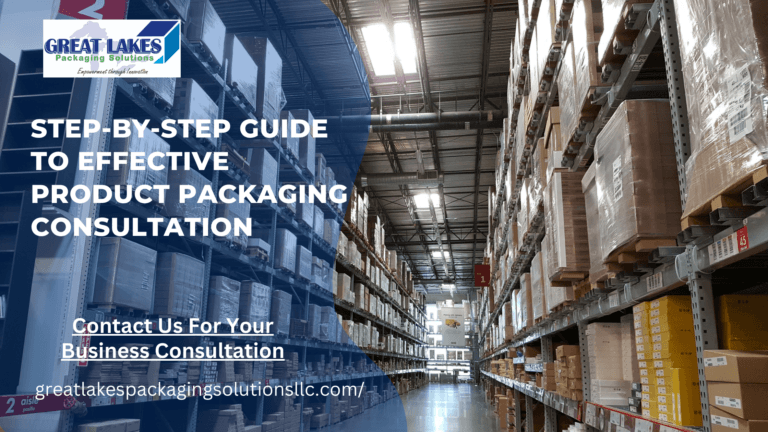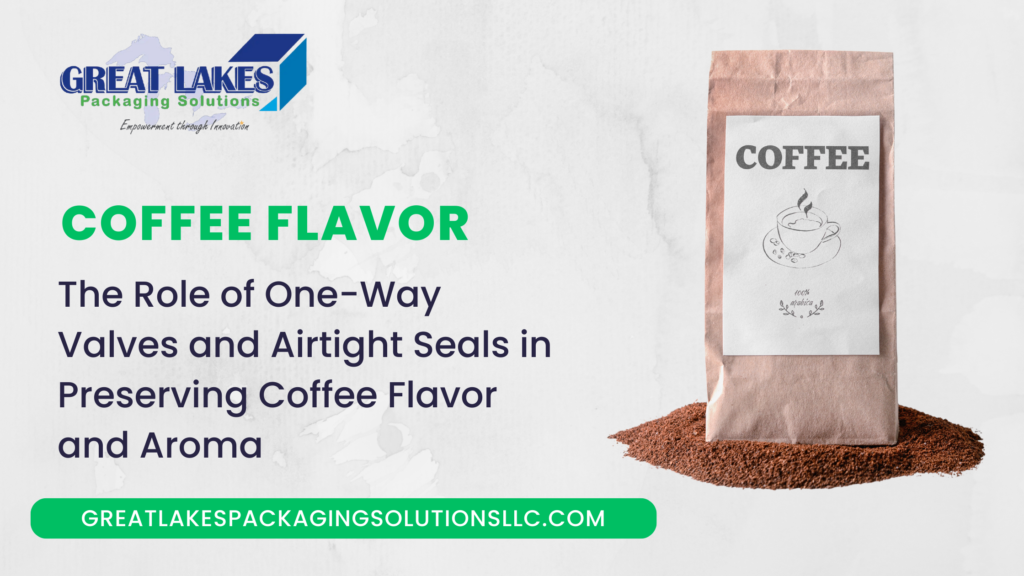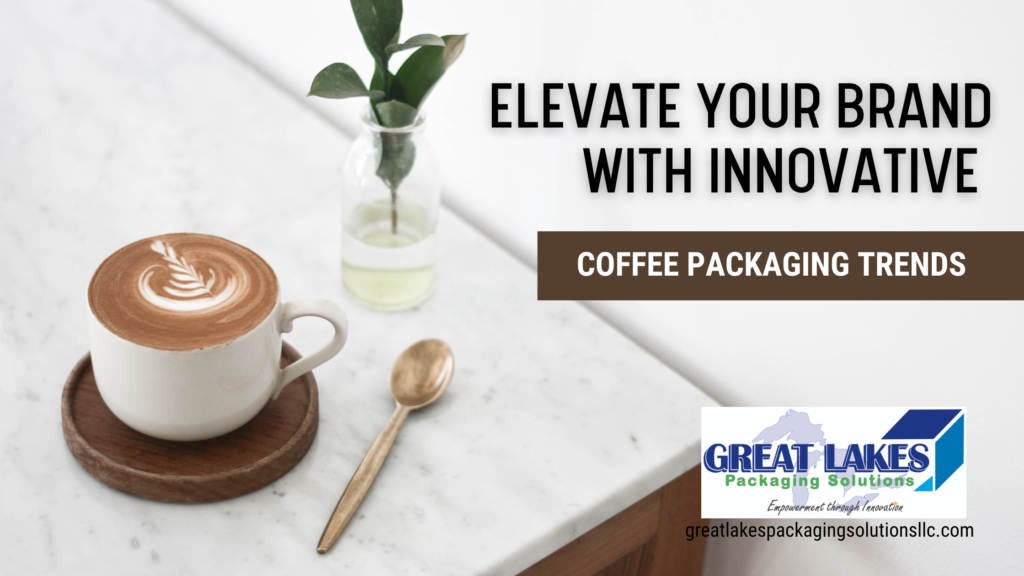In today’s competitive market, effective product packaging plays a crucial role in capturing consumers’ attention and influencing purchasing decisions. Businesses recognize the significance of packaging and often seek professional guidance through product packaging consultations. This article will provide a step-by-step guide to conducting effective product packaging consultations, ensuring that businesses can maximize the potential of their packaging strategies.
Understanding the Importance of Product Packaging Consultation
Before diving into the step-by-step process, it’s essential to understand why product packaging consultation matters.
Statistics show that 72% of consumers say that packaging design influences their purchasing decisions. Furthermore, 68% of consumers believe that a product’s packaging reflects the brand’s quality.
By engaging in product packaging consultations, businesses can harness expert knowledge and insights to create packaging
that aligns with their brand values, target audience preferences, and industry trends. This systematic approach ensures
that every aspect of the packaging is strategically designed to deliver a positive brand experience.
Key Steps for Conducting Product Packaging Consultations
Step 1: Research and Understand the Client’s Needs
The first step in any successful product packaging consultation is to thoroughly understand the client’s needs, goals, and
expectations. Engage in detailed discussions and interviews to gain insights into their brand identity, target market,
product specifications, and desired packaging outcomes.
Step 2: Evaluate the Current Packaging Strategy
Next, conduct a comprehensive evaluation of the client’s existing packaging strategy. Assess its effectiveness, strengths,
weaknesses, and areas for improvement. This evaluation provides a benchmark for measuring the success of the new packaging
solutions.
Step 3: Identify Target Audience and Market Trends
To create packaging that resonates with consumers, it’s crucial to identify the target audience and stay updated on market
trends. Conduct market research, analyze consumer behavior, and track industry developments to gain a deep understanding of
what appeals to the intended audience.
Step 4: Brainstorm Packaging Ideas and Concepts
Based on the research conducted, initiate a collaborative brainstorming session to generate packaging ideas and concepts.
Encourage creativity, considering factors such as functionality, aesthetics, materials, and brand consistency.
Step 5: Develop and Present Packaging Prototypes
Transform the selected ideas and concepts into tangible packaging prototypes. Utilize graphic design software, 3D modeling
tools, or physical mock-ups to bring the ideas to life. Present these prototypes to the client, highlighting their unique
features and potential benefits.
Step 6: Collect and Analyze Feedback
Engage in open and constructive dialogue with the client, stakeholders, and even potential consumers to gather feedback on
the presented packaging prototypes. Analyze the feedback carefully, identifying areas of improvement and addressing
concerns effectively.
Step 7: Refine Packaging Designs and Finalize Recommendations
Based on the feedback received, refine the packaging designs, incorporating necessary changes and improvements. Present the
final recommendations to the client, providing a comprehensive overview of the revised packaging strategy, including design
elements, materials, and production considerations.
Best Practices for Product Packaging Consultation
Collaborate and Communicate Effectively
Maintain open and transparent communication channels with the client throughout the consultation process. Collaboration
ensures that the packaging solution aligns with the client’s vision while leveraging the expertise of the packaging
consultant.
Stay Up-to-Date with Industry Trends
Continuously monitor industry trends, consumer preferences, and emerging packaging technologies. This enables the
consultant to provide innovative and forward-thinking solutions that differentiate the client’s products in the market.
Consider Sustainability and Environmental Impact
Address the growing demand for sustainable packaging solutions by integrating environmentally friendly materials and
practices. Incorporating sustainable packaging options not only supports responsible business practices but also appeals to
conscious consumers.
Emphasize Branding and Differentiation
Design packaging that reflects the client’s brand identity and values while differentiating their products from
competitors. The packaging should effectively convey the brand story and create a memorable experience for consumers.
Conclusion
Conducting effective product packaging consultations requires a systematic approach that encompasses thorough research,
collaboration, creativity, and a deep understanding of market trends. By following the step-by-step guide outlined in this
article and adhering to best practices, businesses can leverage the expertise of packaging consultants to create packaging
solutions that captivate consumers, enhance brand value, and drive business success.
Remember, effective product packaging consultations are an ongoing process that adapts to evolving consumer needs and
market dynamics. Embrace the journey of continuous improvement and refinement to ensure your packaging remains impactful
and relevant.
